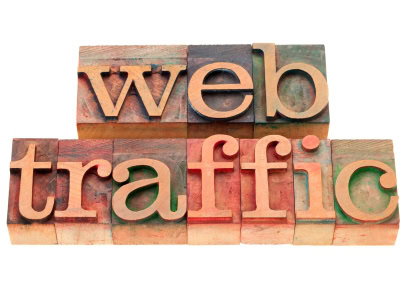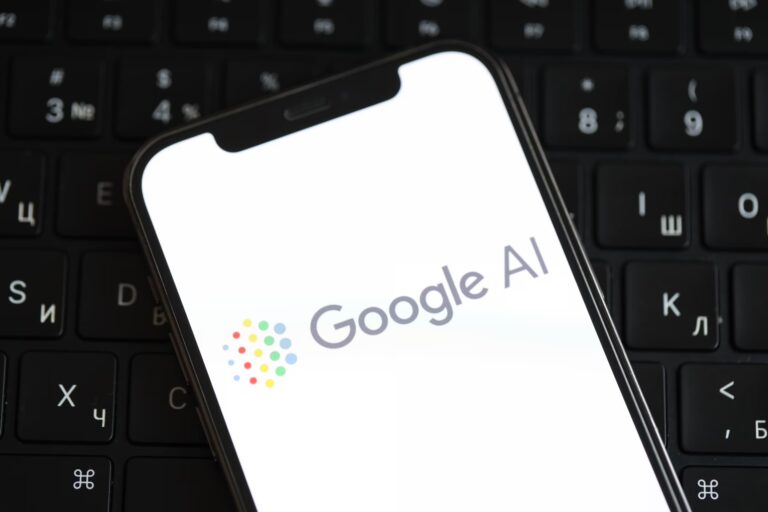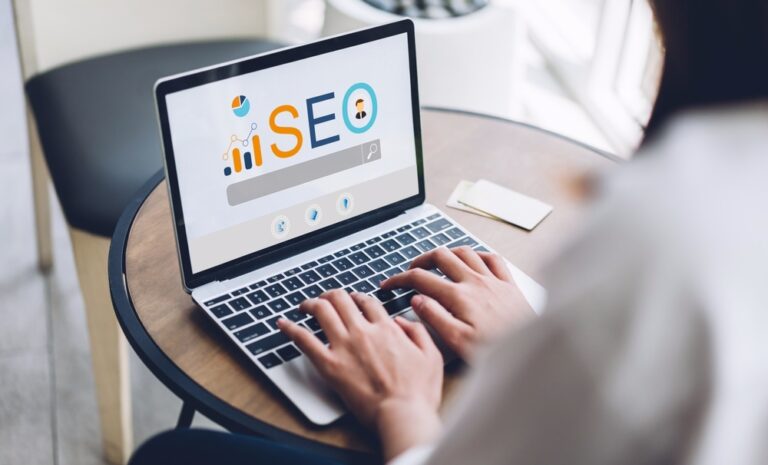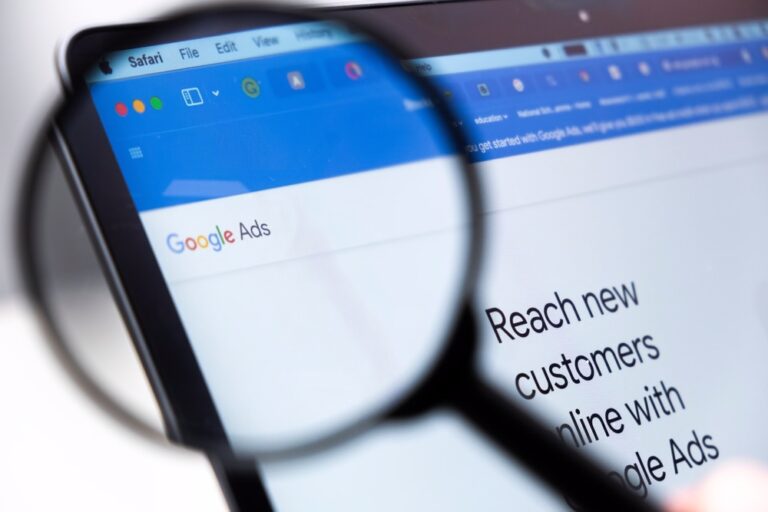Don’t know whether to choose paid or ‘natural’ advertising? Read on…
If you’ve ever had to promote your business website online, you’ve probably wrestled with the following question: which is more effective – pay per click marketing (PPC) or search engine optimisation (SEO)?
Simply put, PPC marketing requires you to pay a small fee whenever someone clicks one of the advertisements you have agreed to have displayed in search engine listings or on other websites. These advertisements will be linked to specific keyword phrases. When someone types a keyword phrase into a search engine or browses subject matter related to that phrase, your advertisement should display.
SEO is the ‘natural’ or ‘organic’ process of optimising your website for specific keyword phrases that relate to your business or the products/services you want to promote. Well optimised websites are easier for search engines to crawl and index and contain specific phrases that people are using to find something specific.
So, which do you choose?
Unfortunately there is no straightforward answer. It all depends on the needs of your business and what you’re willing to invest. When you understand those needs, it will be easier to create an online marketing plan that will direct the most appropriate traffic to your website.
Is pay per click advertising for you?
When it comes to PPC, a lot of businesses have an automatic reaction – ‘It’s expensive! Let’s go for SEO instead’.
Rather than simply focusing on the monetary investment required by PPC, businesses should also be considering the return on investment (ROI). By setting up effective tracking mechanisms, it is possible to establish which keywords result in a positive ROI. The same method can be used to establish which keywords just cost money. Based on these calculations you can weed out the ill-performing keyword phrases.
PPC advertising is especially effective if you have not had time to create a well optimised website. It allows you to direct traffic to your site almost immediately and lets you control how much money you want to spend on a day-to-day basis. With PPC you can launch a site today and in the very next moment have visitors coming in to take a look at what you’ve got to offer. Few traffic generation methods are as fast and as effective as pay per click marketing.
I don’t want to spend money. What about SEO?
You’re right in thinking that SEO saves money. Whether you do it yourself or whether you pay a digital marketing agency to do it, it’s not the drain on monetary resources that PPC marketing can be. However, while optimising your website content and meta data is technically free, it does take time and effort.
Some marketing agencies also offer ‘link building’ SEO strategies. Be careful. You do not want to choose a plan or an SEO firm that builds low value/spammy links which link to your website. This may result in your site being penalised – exactly the opposite of what you’re going for. Be sure to ask how the link building is done.
So, which one is it – PPC or SEO?
Well, it’s not a case of one or the other. If you can afford to do both – fantastic! If not, consider this – do you need traffic/business fast, or have you got enough to tide you over until the offers start coming in? If you’re using other methods to market your website – perhaps offline methods like QR code advertising, television spots, brochures, business cards, etc – you may be better off going with SEO. If not, give PPC a try.
PPC brings you quick traffic and you can measure the profitability of the keywords instantly, whereas SEO brings long-term free traffic to your website. Remember though, neither PPC nor SEO are one-time solutions. Both marketing techniques require ongoing work: analysis of keyword popularity, updating SEO to meet the latest search engine algorithm changes, etc.
If possible, we recommend a combination of both SEO and PPC. Start with PPC and bid on selected keywords related to your business. Find out which keywords have a positive ROI by setting up conversion tracking. Over a period of time (usually a month or less), you will be able to identify the best keywords. Once you’ve identified them, you can take these keywords and optimise them for SEO to get more, free, long-term traffic.
Does it all sound too much? Find out how Xanthos can help
Whether you know what you want or you’re looking for online marketing advice, we can set you up with either a pay per click (PPC) marketing plan or we can undertake search engine optimisation (SEO) on your website.
We provide a detailed explanation of what we do along with monthly reporting and analytics charts that show you EXACTLY how your website is performing and how well specific keywords are doing.
Get in touch today by filling out our enquiry form or give us a call on 08450 740068












